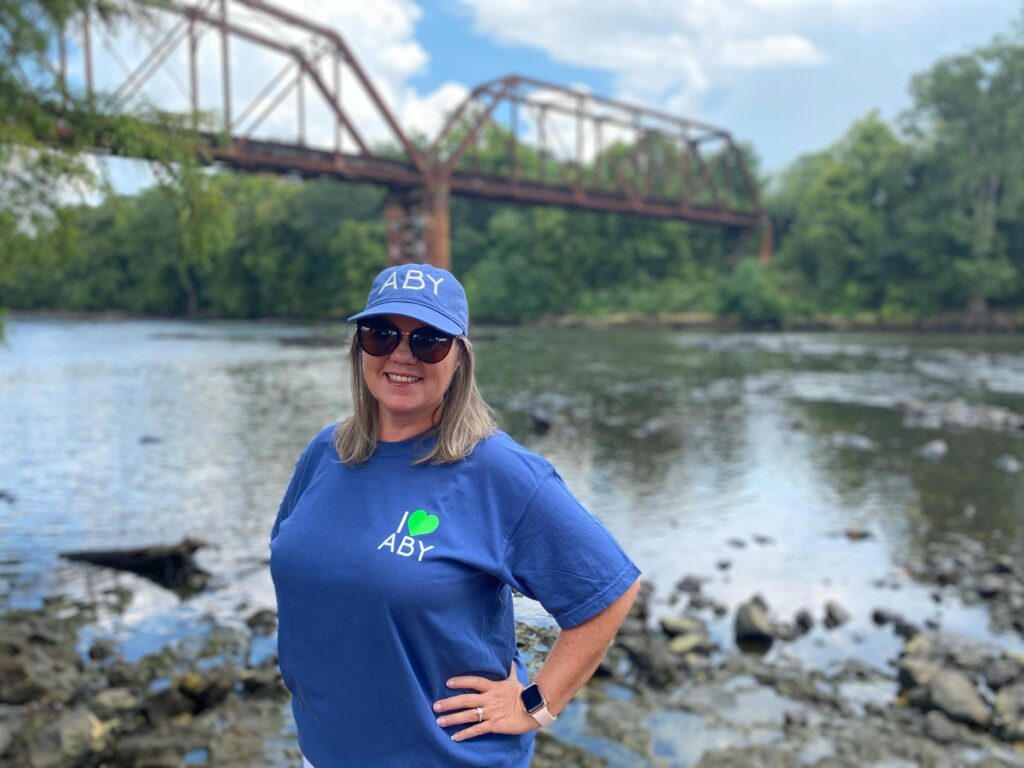
ATLANTA – When Georgia’s economy ground to a virtual standstill after Gov. Brian Kemp issued a stay-at-home order to discourage the spread of coronavirus, the hospitality industry was hit the hardest by far.
Hotel room occupancy across the state plummeted by 62%. More than 187,000 leisure and hospitality jobs went away in March and April, and the state lost more than $3 billion in travel spending from mid-April through mid-May.
The damage was even more severe in Savannah, where hotel occupancy in the city’s historic district sank to just 9% in April. Savannah was forced to cancel its world-renowned St. Patrick’s Day celebration and the annual Savannah Music Festival.
In Chatham County, 91% of the unemployment claims filed during the pandemic’s early days came from hospitality workers, said Joe Marinelli, president of Visit Savannah, which runs the city’s tourist information center.
“It was a big blow early on,” Marinelli told members of the Georgia Board of Economic Development last Wednesday.
But gradually, there have been signs of business starting to pick up, spurred by the proactive efforts of state and local tourism promotion agencies to get visitors back.
In fact, the months of June and July saw year-over-year visitation records in Helen, a former logging community in the North Georgia mountains that resurrected itself decades ago to look like a Bavarian village.
“Since the governor partially lifted the stay-at-home order, it’s just been phenomenal,” said Jerry Brown, executive director of the Alpine Helen/White County Convention & Visitors Bureau.
Helen is the type of day trip being promoted by the state Department of Economic Development’s Tourism Division, which launched a four-week test last month of Explore Your Georgia, a digital program that encourages Georgians to visit in-state destinations.
Mark Jaronski, the state agency’s deputy commissioner overseeing tourism, said Georgians are now traveling 200 miles to 300 miles despite the pandemic. The goal of the new program is to promote in-state attractions as an alternative to traveling out of state.
The agency is targeting a different market – tourists coming into Georgia from out of state – through various welcome centers located along interstate highways just inside the state’s borders with Florida, South Carolina, Tennessee and Alabama.
Jaronski said the state has reopened seven of nine welcome centers that were closed early in the pandemic. The centers’ employees point visitors without set itineraries toward the various attractions Georgia has to offer, he said.
“Our managers and specialists do a great job referring them to our business partners across the state,” Jaronski said.
Some tourism promotion agencies have gotten creative with their initiatives. With a nod to the iconic “I Love New York” and “Virginia is for Lovers” campaigns, the Albany Convention and Visitors Bureau has launched “I Love ABY,” complete with a line of merchandise available online.
“We wanted to come up with something that would keep our social media going and promote Albany,” said Rashelle Beasley, the agency’s director. “It morphed into more. … We turned it into an online store.”
Beasley said the agency also is running a contest inviting people to post photos of Albany-area attractions. Each week’s winner is awarded a $25 gift certificate to a local restaurant.
Marinelli said Visit Savannah changed its social media strategy early in the pandemic from promoting specific events and attractions to “aspirational” messaging meant to remind visitors of how much there would be to do in Savannah once the traveling restrictions were eased.
“When people in June started traveling again, those images of Savannah were things they remembered,” he said.
But there are limits to what can be done to boost tourism during a pandemic.
Marinelli said weekend visitation has picked up in Savannah in recent weeks, particularly with the opening of the Plant Riverside District, an entertainment area along the river in the western end of the historic district with high-end shops and restaurants.
But weekday business and convention travel to Savannah remains non-existent, Marinelli said.
“Although we are seeing some uptick, our industry has taken a hit,” he said. “We’re going to have a long, slow uphill climb back.”
